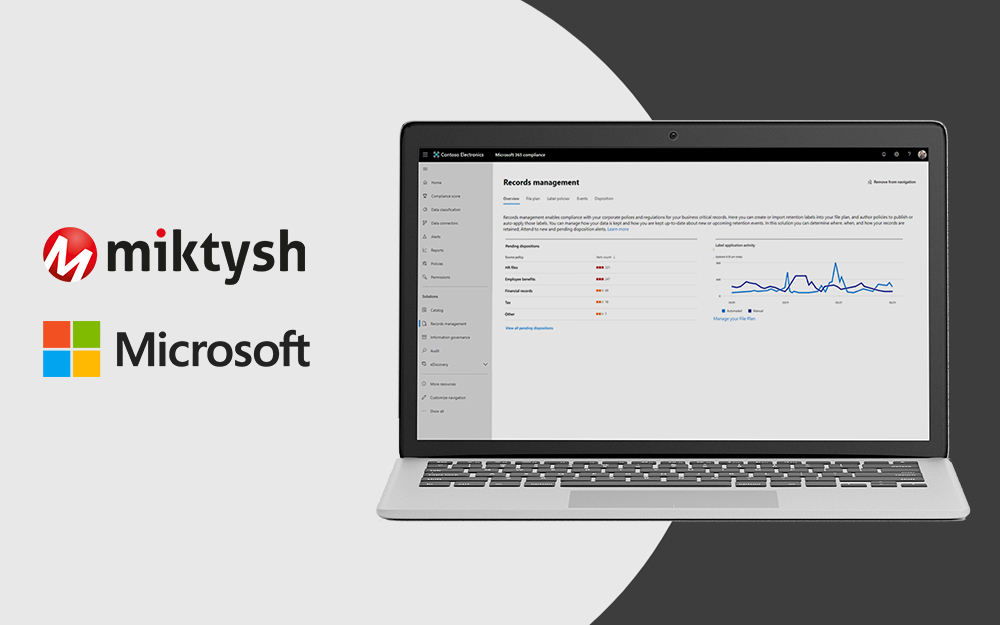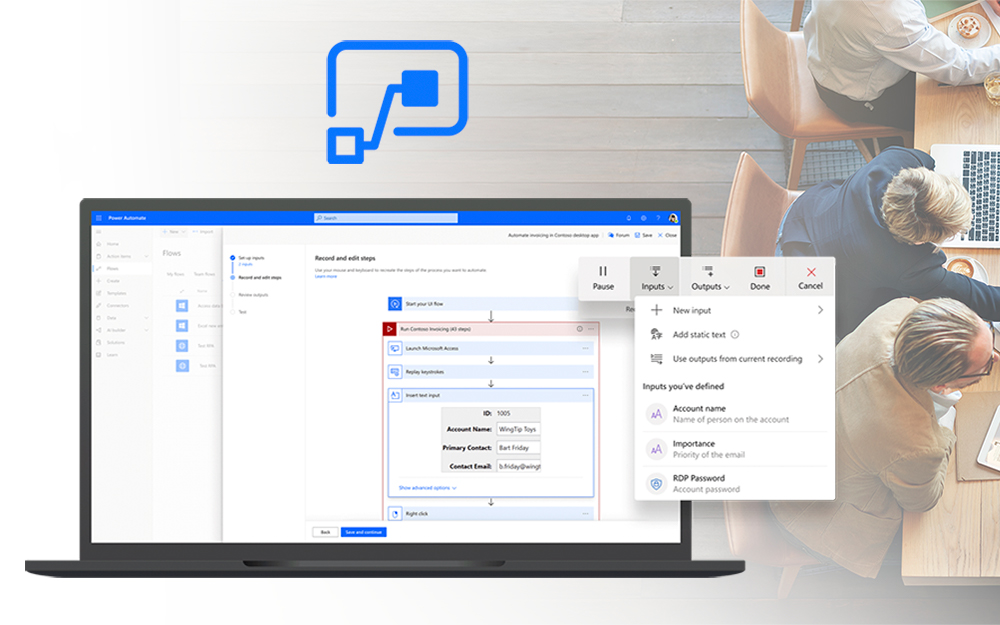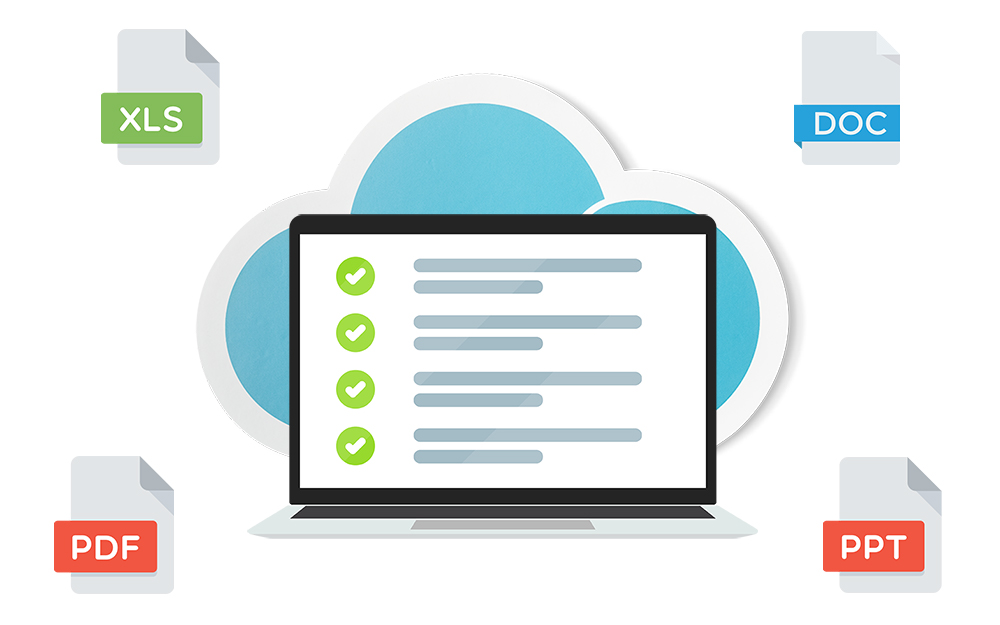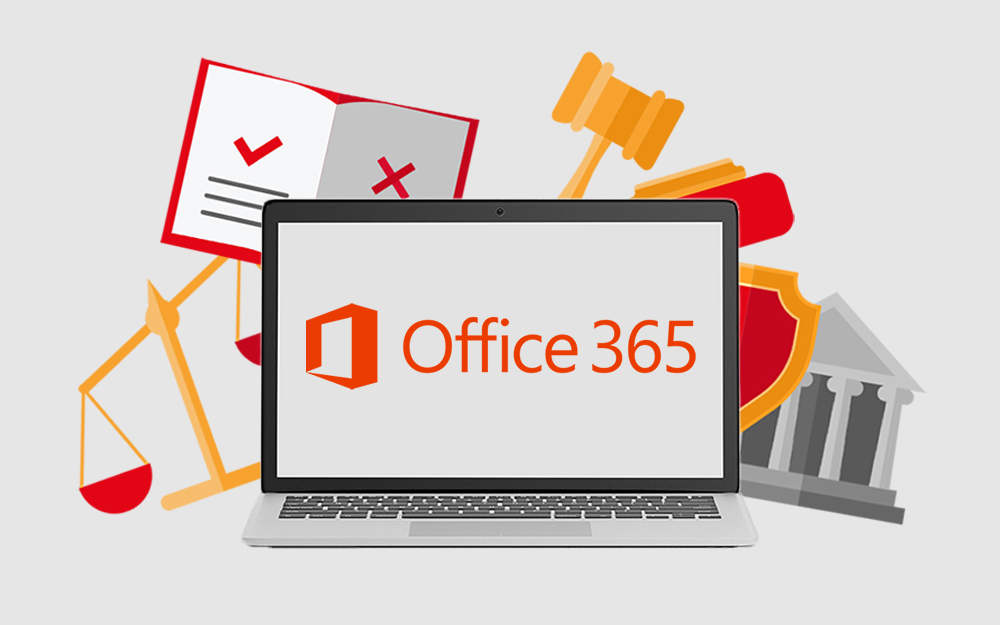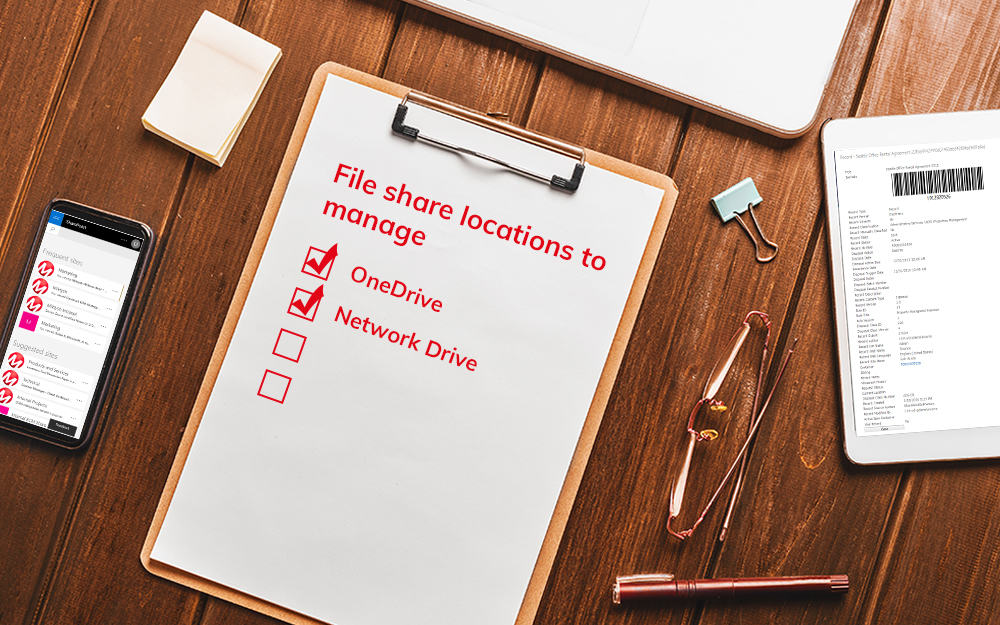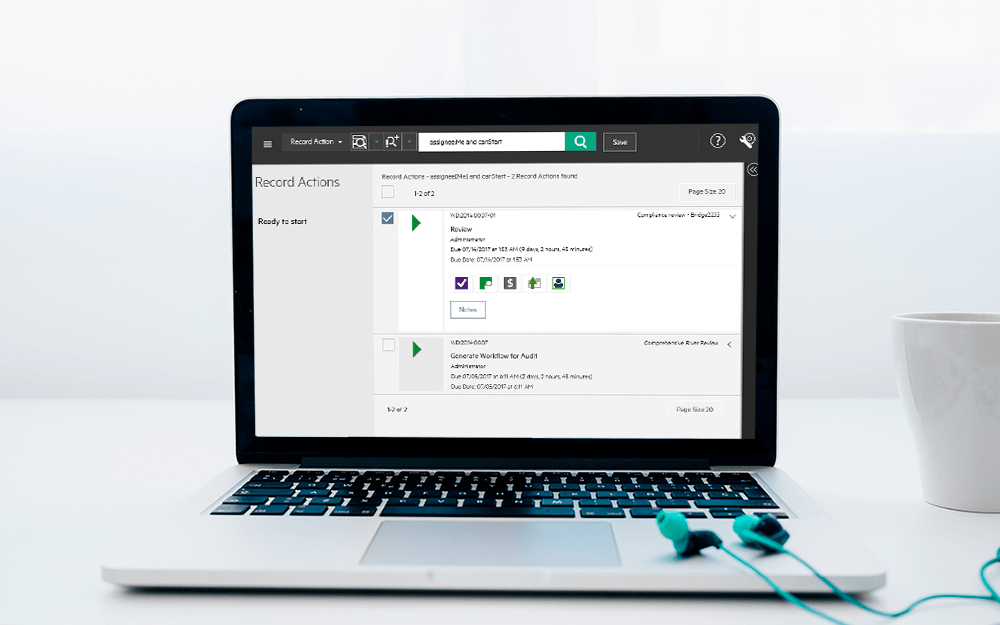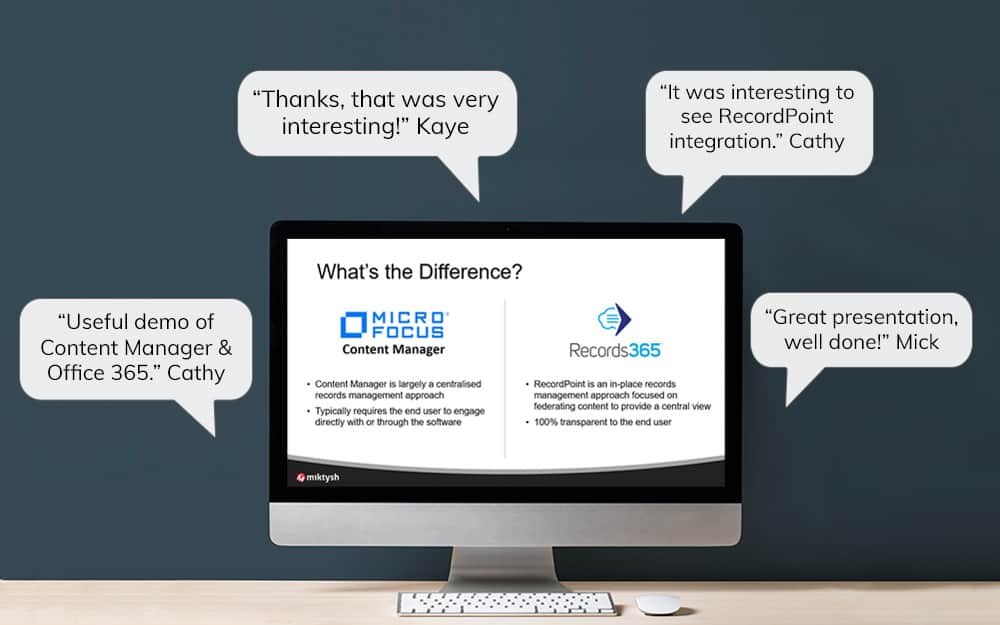Miktysh Blog.
Your go-to source for everything records management, eDRMS, Office 365, TRIM/Content Manager, RecordPoint, AvePoint, and EncompaaS related.
Categories
Topics
Why Every Business Needs a Data Retention and Disposal Schedule
Apr 16, 2018 | Information Management, Records Management

A retention and disposal schedule (RDS) forms an important foundation for managing organisational data. Establishing an effective and legally compliant policy can significantly benefit your business, by helping to manage risk and legal compliance, whilst maintaining or improving operational efficiencies. We’ve expanded upon these advantages below.
Understand legislative requirements and demonstrate compliance.
Developing an RDS can be an in-depth process when you consider how much data your organisation has and the variety of locations it’s stored in. Consider for example, email correspondence in Outlook, client or supplier information within a database, transactional data in a finance system, tax records in a filing cabinet, contracts on a network drive, or social media posts and conversations online.
Although it can be a complex task, demonstrating your compliance with recordkeeping requirements will help your organisation understand what information you’re responsible for retaining within your industry, how long you’re legally required to keep it, and the format in which the data should be stored.
Provide organisational cost savings.
Over-saving information can be costly, especially in larger organisations that have a sizable amount of data. Physical storage costs include the rental or purchase of space, alongside utilities and maintenance, and electronic storage costs include hardware, software, power consumption, labour and monitoring costs.
A data retention and disposal schedule will help organisations manage their information by ensuring that data is only being kept as long as legally required, providing cost savings through a reduction in storage requirements.
Improve operational efficiencies.
As an organisation grows, so does the amount of its data. By minimising the number of records in storage, an RDS will improve the day-to-day retrieval of documents and information. It will also assist in identifying and eliminating duplicated documentation and redundant records. Utilising a records management system, such as RecordPoint or HP Content Manager, will further assist by automating the schedule, thereby reducing manual labour.
Mitigate organisational risk.
Over-saving records creates unnecessary risk that could be easily be avoided. For instance, if an organisation becomes involved in a legal dispute, the task of going through a large amount of data to produce the required documents and information can quickly become a costly challenge. Information that is correctly and legally disposed of is also less likely to end up being presented in legal proceedings.
While over-saving data presents its own set of risks, failing to retain information long enough also results in risk.
Data retention periods are imposed by law for certain records, and failure to comply can result in;
- Fines or penalties by regulating bodies
- A requirement to pay more taxes than are due
- Failing an internal or external audit
- An inability to produce proof of your position in the event of legal proceedings
- A deal falling through – whether that’s a loan, merger, acquisition, partnership or another type of deal
Our team of experts are on-hand to help organisations navigate the complexity of records and information management across any industry. We regularly assist organisations with understanding their legal requirements, and creating and implementing complex data retention and disposal schedules.
For more information on data retention and disposal schedule reviews or implementation, please click here or contact us to speak with one of our experienced consultants.
Popular content.

Analytics Driven Information Governance
14.07.2021

The New Normal Requires Zero Trust
27.06.2021

Microsoft 365 Records Management Whitepaper
06.11.2020

Micro Focus Launches Content Manager Select
28.05.2020
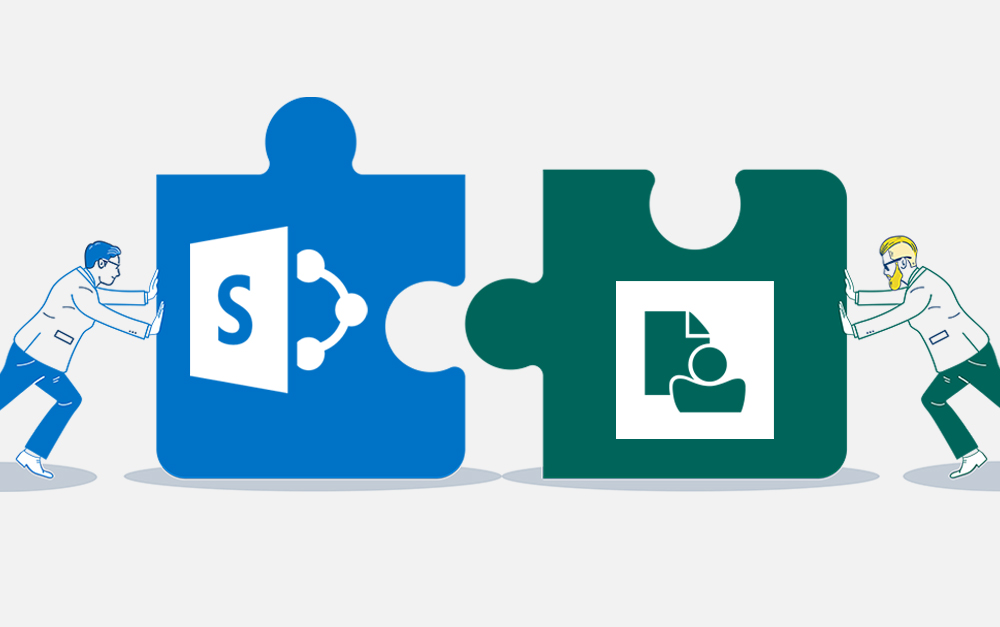
Content Manager SharePoint Integration Demo
20.05.2020

Top 7 Hidden Features in Microsoft Teams
11.02.2020

Integrate Content Manager with SharePoint
15.01.2020

Information Management Strategy Example
06.12.2019

How to Approach a Digital Transformation
13.11.2019

Top 5 Benefits of Migrating to Office 365
10.10.2019
Content Manager 9.4 Web Client
19.09.2019

Content Manager 9.4 Sneak Peek – Video Demo
02.09.2019

What Version of SharePoint is on Office 365?
27.06.2019
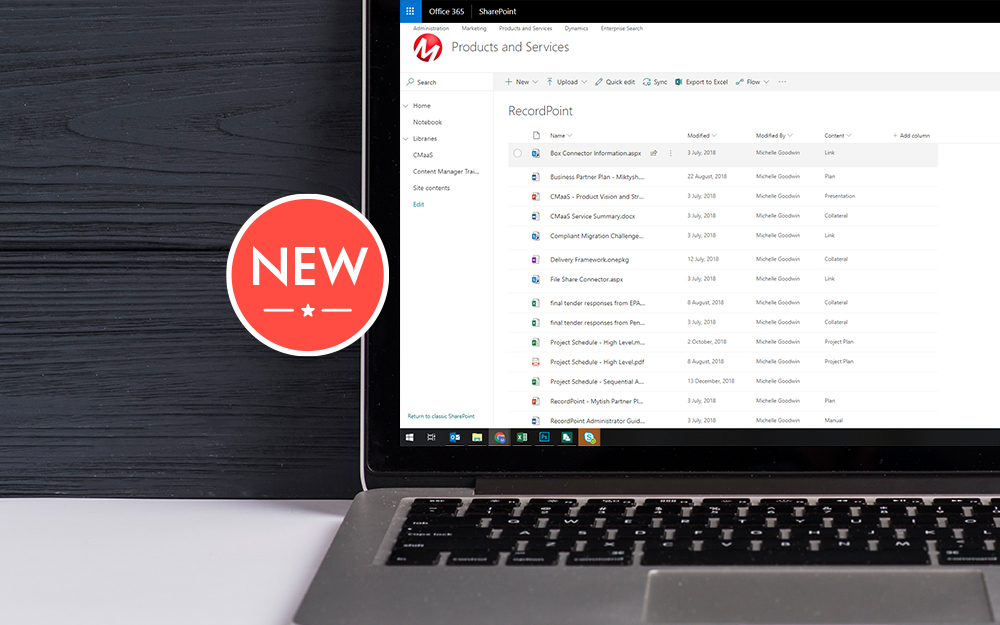
New SharePoint 2019 Features
08.03.2019

Data Migration Validation Best Practices
08.02.2019

Cloud Governance – RIMPA Queensland Event
27.09.2018

RecordPoint Records365 Demo
09.05.2018

How RecordPoint Enhances Office 365
09.05.2018

6 GDPR Tools to Assist with GDPR Compliance
17.04.2018

Analytics Driven Information Governance
14.07.2021

The New Normal Requires Zero Trust
27.06.2021

Microsoft 365 Records Management Whitepaper
06.11.2020

Micro Focus Launches Content Manager Select
28.05.2020

Content Manager SharePoint Integration Demo
20.05.2020

Top 7 Hidden Features in Microsoft Teams
11.02.2020

Integrate Content Manager with SharePoint
15.01.2020

Information Management Strategy Example
06.12.2019

How to Approach a Digital Transformation
13.11.2019

Top 5 Benefits of Migrating to Office 365
10.10.2019
Content Manager 9.4 Web Client
19.09.2019

Content Manager 9.4 Sneak Peek – Video Demo
02.09.2019

What Version of SharePoint is on Office 365?
27.06.2019

New SharePoint 2019 Features
08.03.2019

Data Migration Validation Best Practices
08.02.2019

Cloud Governance – RIMPA Queensland Event
27.09.2018

RecordPoint Records365 Demo
09.05.2018

How RecordPoint Enhances Office 365
09.05.2018

6 GDPR Tools to Assist with GDPR Compliance
17.04.2018




























